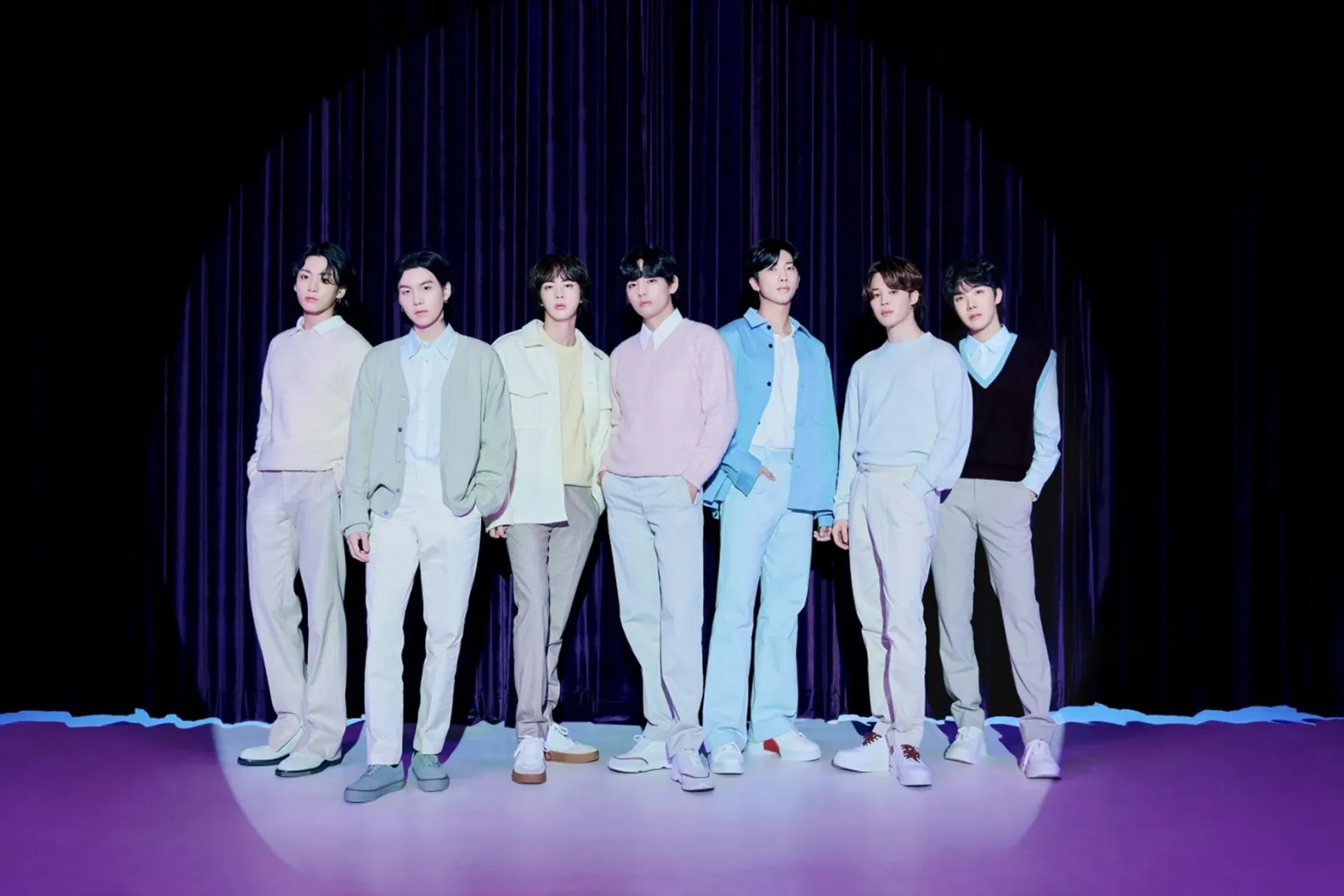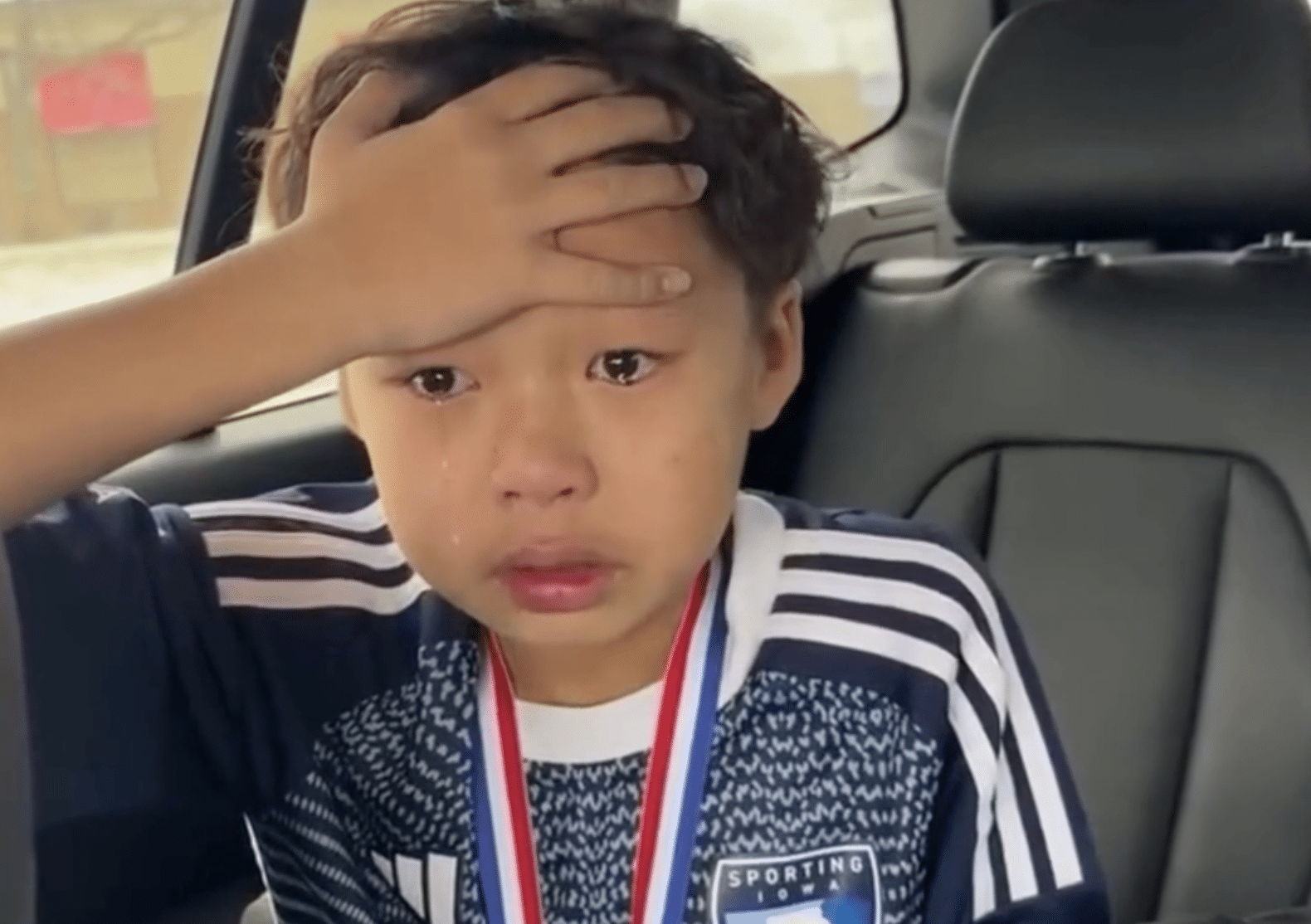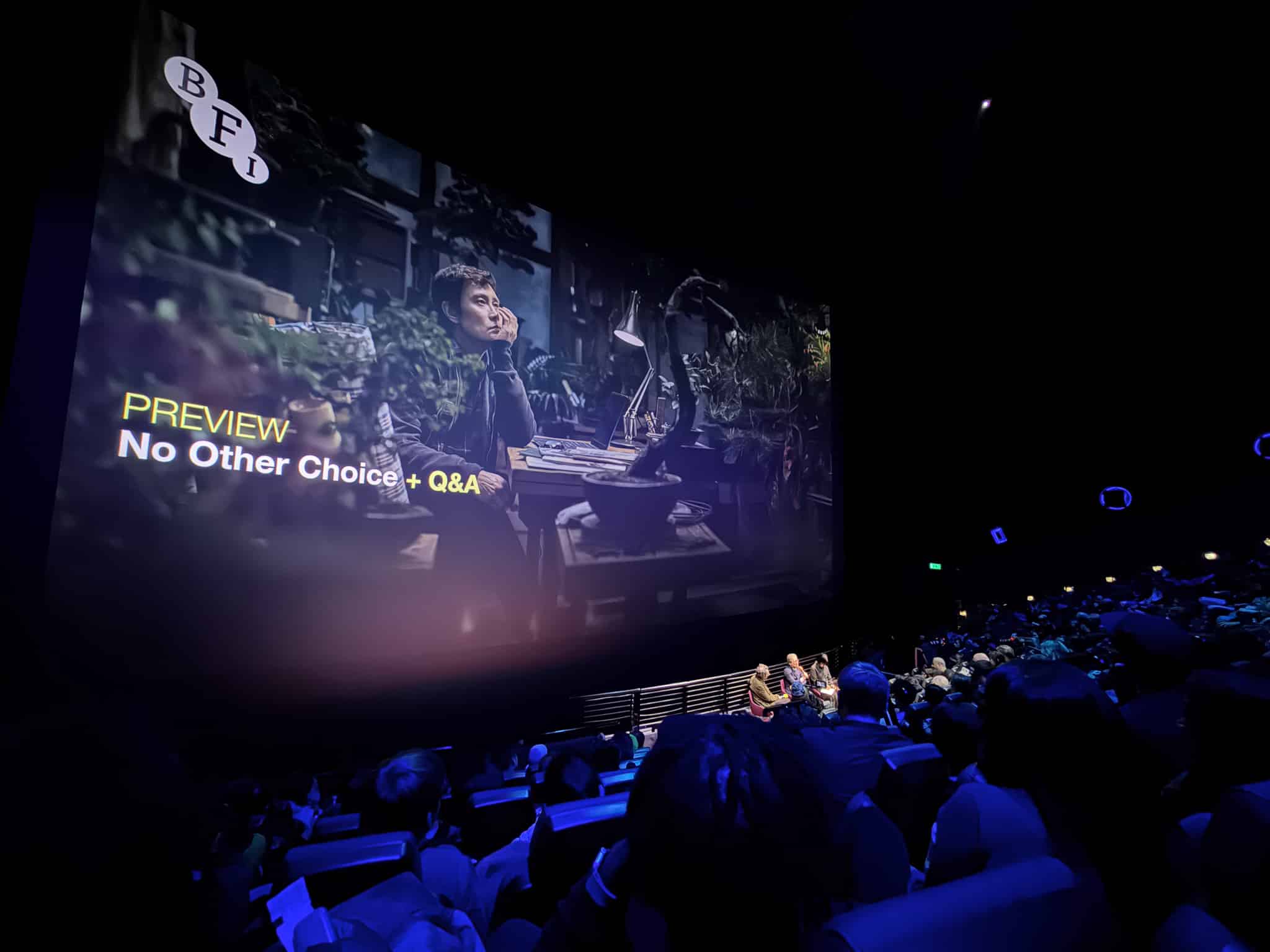South Korea’s retail landscape is in flux, powered by a cultural wave that refuses to crest. The ongoing global obsession with K-pop, K-beauty, and the recent breakout anime K-Pop Demon Hunters is not only energising international fandom but also driving record-breaking tourism and retail innovation across the country.
Between January and August 2025, 12.38 million visitors arrived in South Korea—a 16% increase from 2024 and nearly 8% above pre-pandemic levels. Analysts credit the surge to the enduring export power of Hallyu, with fans flying in to shop, stream, and experience Korean culture firsthand.
View this post on Instagram
Tourism officials say South Korea’s comeback is no coincidence. With K-Pop Demon Hunters amplifying global curiosity around Korean mythology and pop fusion, Seoul’s tourism board is banking on this new blend of fantasy and fandom to sustain the boom. Retailers are transforming their stores into immersive, hybrid spaces that fuse culture, beauty, and technology—each one designed to draw the selfie, the story, and the sale.
K-Pop, K-Beauty, K-Culture
CJ Olive Young, South Korea’s leading beauty retailer, is among those reinventing the shopping experience. Its flagships in Gangnam and Seongsu offer real-time beauty analysis and multilingual consultations through Klook, where visitors book personalised sessions including skin analysis, colour-matching, and makeup tutorials. These experiences are tailored for the growing wave of global tourists seeking not just K-beauty products, but authenticity—the connection behind the glow.
Meanwhile, retail spaces across Seoul are blurring the line between merchandise and memory. Pop-up stores inspired by leading idols and K-Pop Demon Hunters draw long queues in Myeongdong and Hongdae, where fans hunt for exclusive collectibles, concept art, and photo cards. The model is as emotional as it is commercial: limited-edition drops and AR-driven interactions create events that resonate far beyond checkout counters.
Even convenience stores are levelling up. GS25’s “New Annyeong Insadong” features AI-powered mirrors that analyse facial features and recommend K-beauty products on the spot. Duty-free players are following suit—Shilla and Lotte integrating cultural perks like free jjimjilbang passes and postcard-making corners to anchor K-culture into every purchase.
Read more: ‘KPop Demon Hunters’ Creator Maggie Kang Says Live-Action Adaptation “Wouldn’t Work”
Industry analysts say the formula driving Korea’s retail resurgence is deceptively simple: when global passion meets local storytelling, culture sells itself. As Hallyu continues to evolve—from music to animation to heritage—South Korea’s retailers are no longer just selling products. They’re exporting experiences.
With K-Pop Demon Hunters bringing renewed attention to Korean traditions through a pop-culture lens, the next era of shopping in Seoul is equal parts fandom and folklore. And as the numbers show, the world can’t get enough.










